Mozambique threatens to deploy army to quell protests - AFP
Mozambique: Anglican bishop is new CNE chairperson

Photo: Fala Moçambique
Mozambique’s new National Elections Commission (CNE) on Friday elected the Anglican Bishop of the Lebombos diocese in southern Mozambique, Carlos Matsinhe, as its chairperson for the next six years.
In the election, held at CNE headquarters shortly after President Filipe Nyusi swore the 17 members of the CNE into office, Matsinhe defeated the only other candidate, Apolinario Joao, by 11 votes to six.
Joao was proposed by Fernando Mazanga, the senior figure on the CNE of the main opposition party, Renamo.
Addressing reporters in his first intervention as the new chairperson, Matsinhe spoke of the challenge of steering the CNE as a body that complies with the law, so that electoral results are achieved within the legal framework.
“In brief, each election is a great challenge and the preparation of that election is also a challenge. But solutions to these challenges will be found along the way,” said the Bishop.
Matsinhe urged the new CNE members to spare no effort in order to ensure an electoral body that can guarantee the best performance.
“I would like to call on every member to start cultivating a participatory spirit, a culture of peace so that elections are free, fair and credible, because that is the only way we will make Mozambique a democratic and developing country,” said Matsinhe, who takes over from moslem cleric Abdul Carimo, who had been CNE chairperson for the previous seven years.
The CNE is a top-heavy, unprofessional and deeply politicised body. Thanks to a law passed in February 2014, under pressure from Renamo, it has 17 members – five from Frelimo, four from Renamo, one from the second opposition party, the Mozambique Democratic Movement (MDM), and seven from civil society.
But the civil society members are not genuinely chosen by civil society. Instead, names are put forward to an Assembly Ad-Hoc Commission. This chooses a short list, which the Assembly plenary then votes on. Thus the names from civil society organisations are filtered through the three parliamentary political parties, and, with a majority on the Ad-Hoc Commission and in the plenary, Frelimo has a clear veto.
The CNE has support bodies in the shape of the provincial and district election commissions, formed in much the same way. They each have three members appointed by Frelimo, two from Renamo, one from the MDM and nine from civil society. Again, the civil society members are filtered through the political parties.


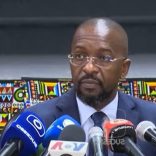

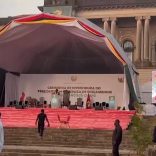
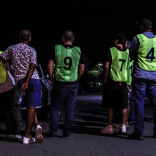
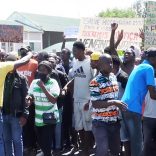
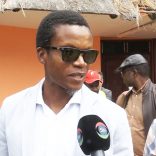




Leave a Reply
Be the First to Comment!
You must be logged in to post a comment.
You must be logged in to post a comment.